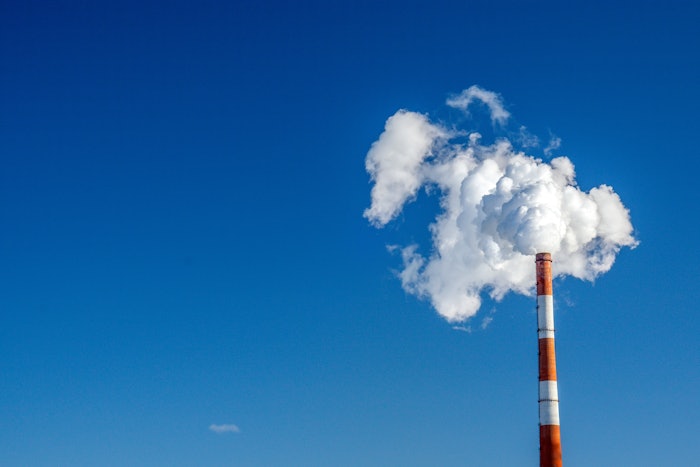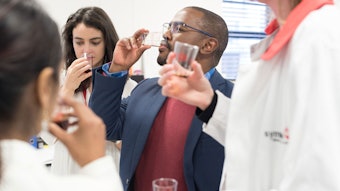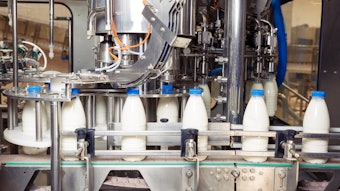
Citrusvil has shared its commitment to reducing the amount of emissions by introducing changes in its operation. These changes include streamlining the operation practices, investing in renewable energy sources and implementing energy efficiency measures.
Investments to increase the generation of biogas from its effluents were made possible by a new reactor and its ancillary facilities, replacing natural gas consumption and generating more electric energy from renewable sources.
The company has also implemented a modern energy measuring and control system, known as DCS (Distributed Control System), has also been implemented at the industrial plants. This system is said to measure all the energy variables in the process online. Such records enable us to prepare consumption balances periodically, analyze trends, and implement an ambitious Rational Use of Energy Program (URE).
“We aim at being at the forefront of low-carbon production in the world. In this regard, reducing the emissions of CO2 and other harmful gases is crucial when it comes to offering more sustainable products. Every year, we measure the carbon footprint throughout Citrusvil’s production chain and in its products. To meet T current and future challenges, we promote sustainable solutions in our business which mean[s] a positive change for everybody,” explained Agustina Lucci, Grupo Lucci’s Sustainability Manager.
“During 2022, we managed to reduce our carbon footprint by 24% in comparison with the previous year due to the commitment of our teams in each production stage to obtain better results. As part of the improvements, we made use of currents of thermal charge by means of the implementation of heat exchangers. In addition, there were some additional improvements in the process which boosted biogas generation, resulting in an increase in the generation of renewable energy,” added Noelia Lescano, Head of Quality Assurance and Environment.
“This year, at the Industry Department, the old boilers at Plant B have been replaced by more efficient ones. The equipment operates almost autonomously and is 96% efficient, which had a positive impact since it reduced the amount of natural gas that is burnt,” stated Gerardo Cigliutti, Engineering Manager.










